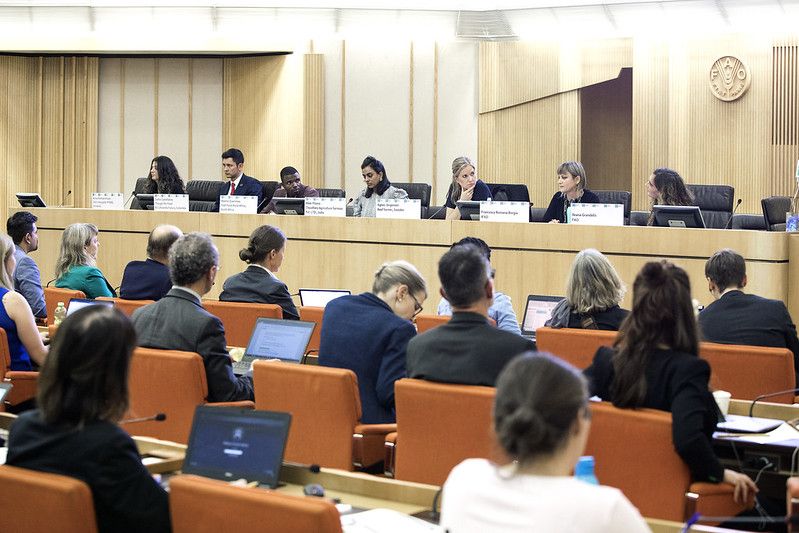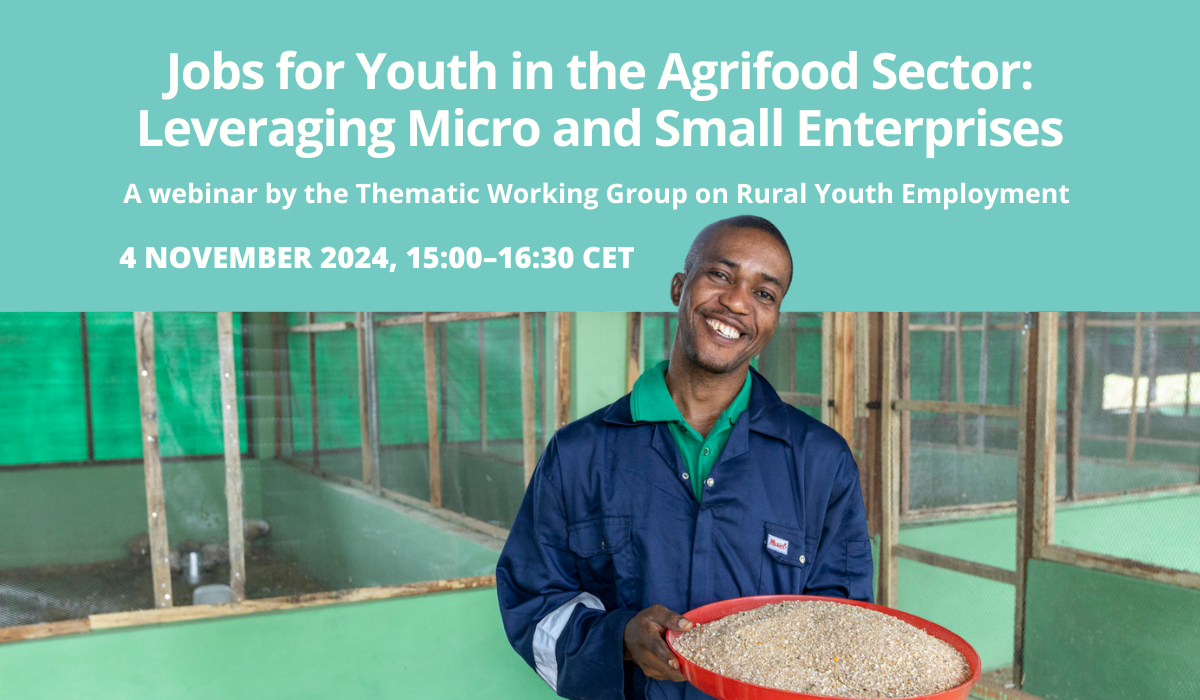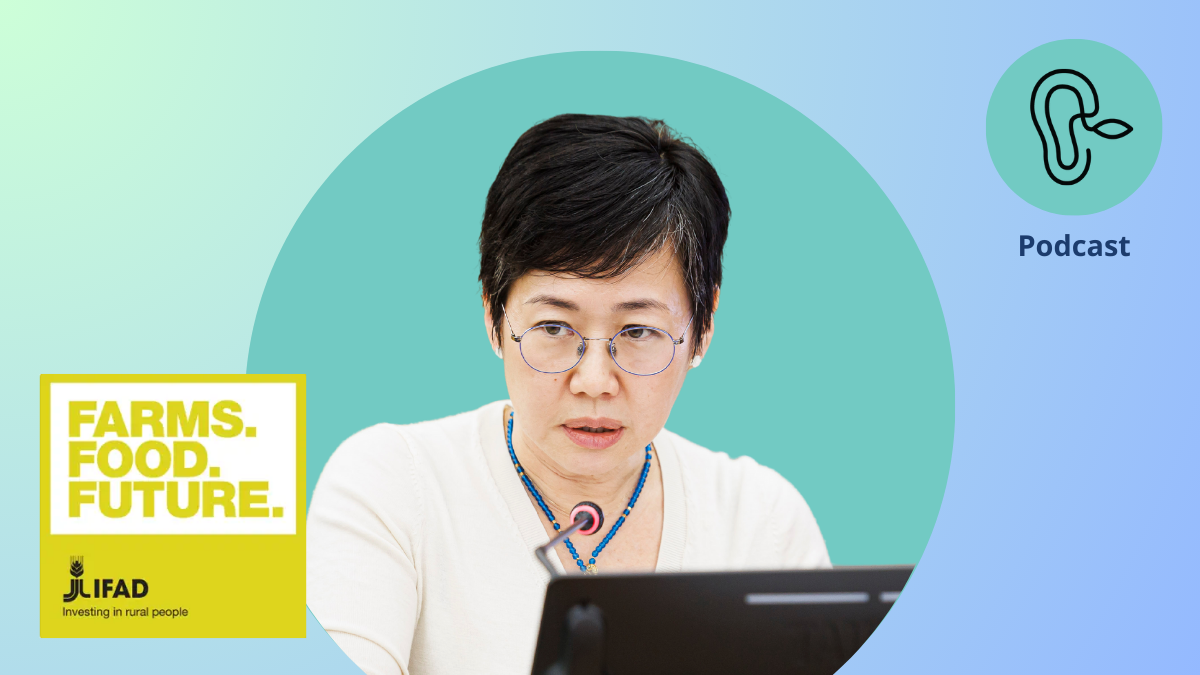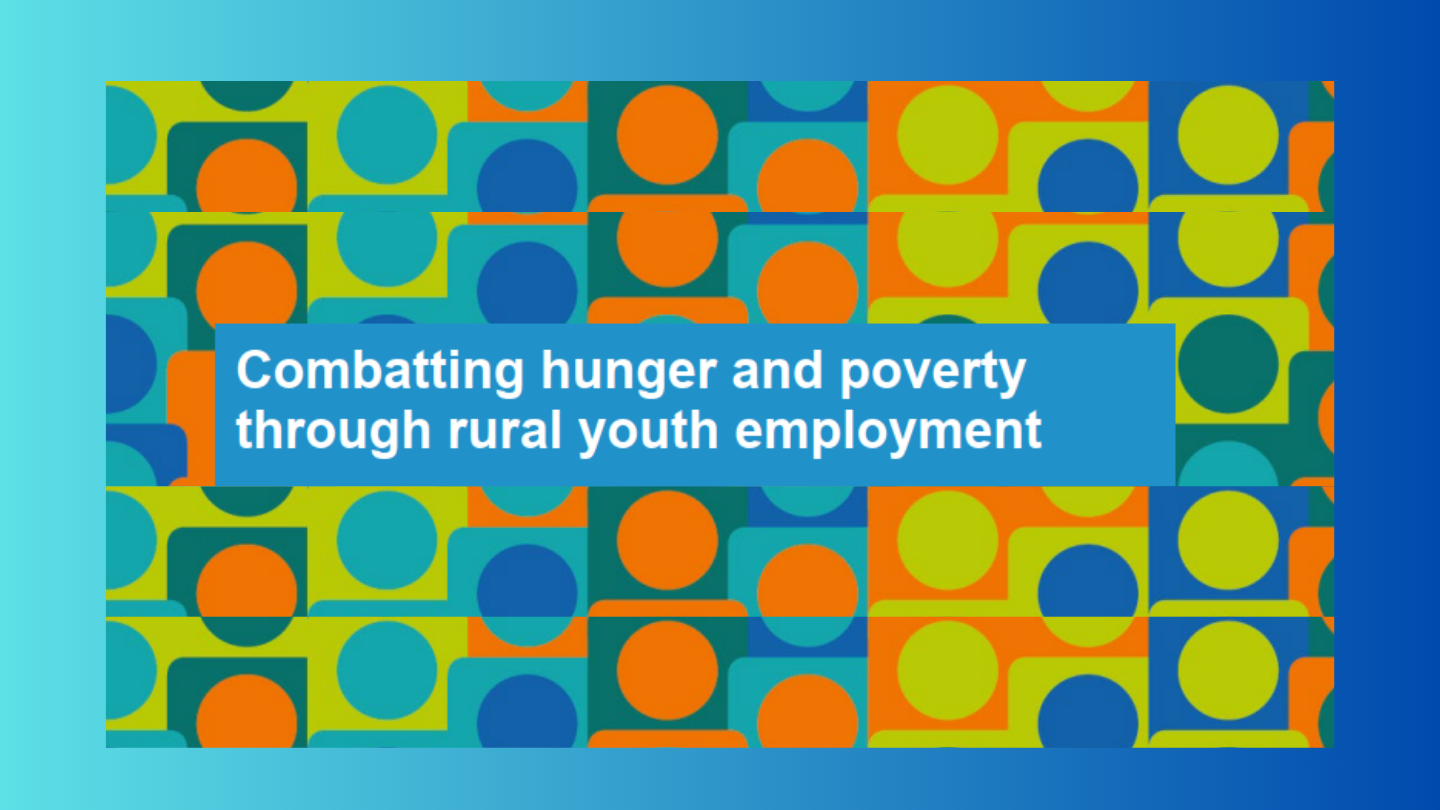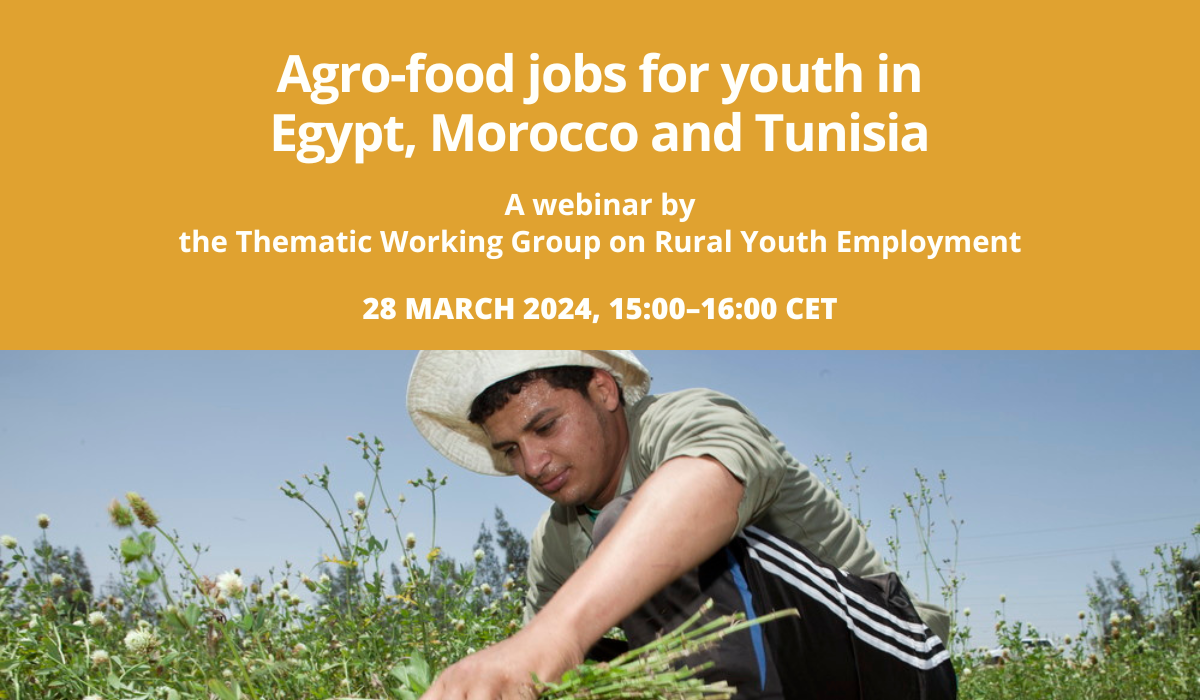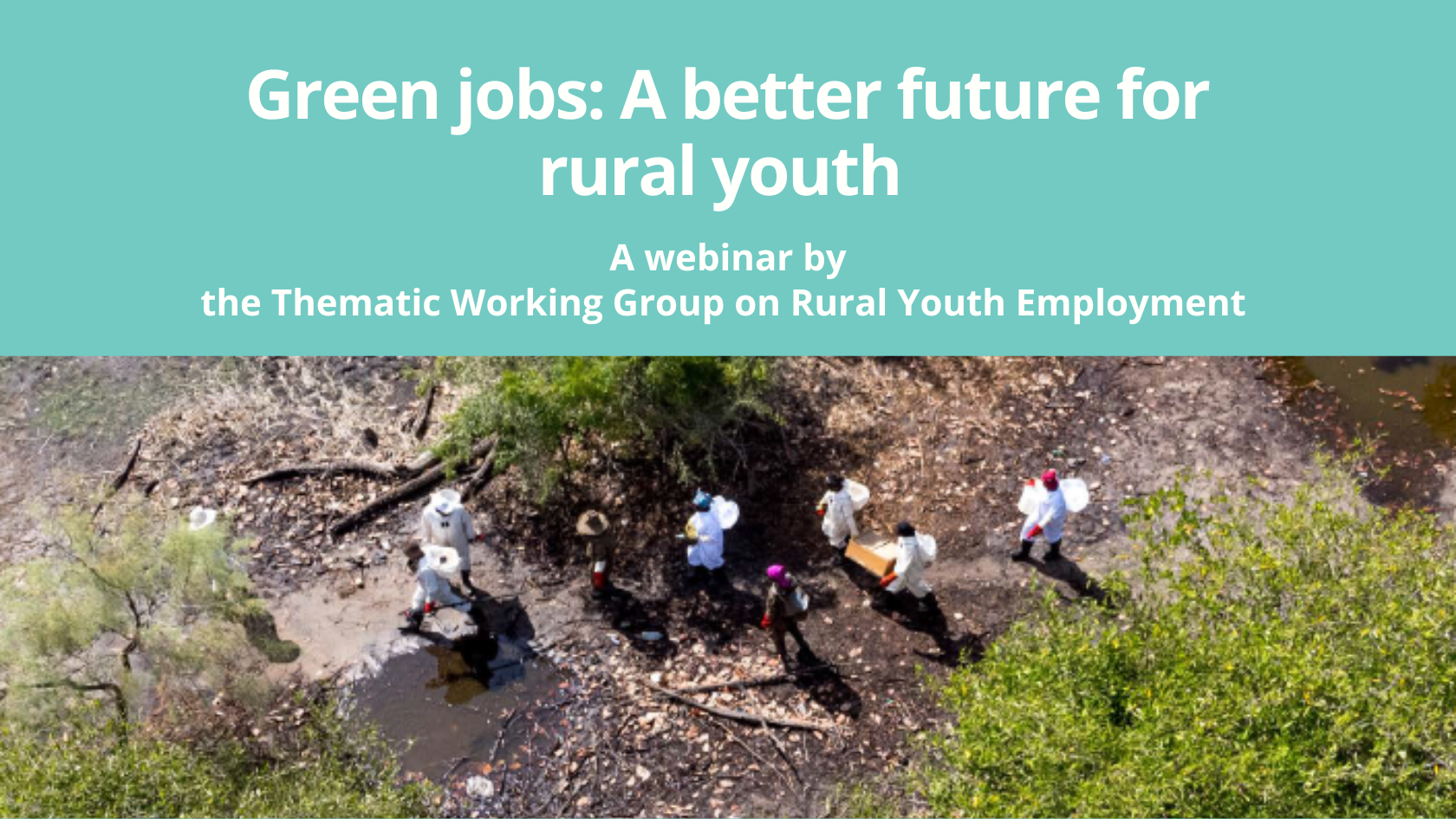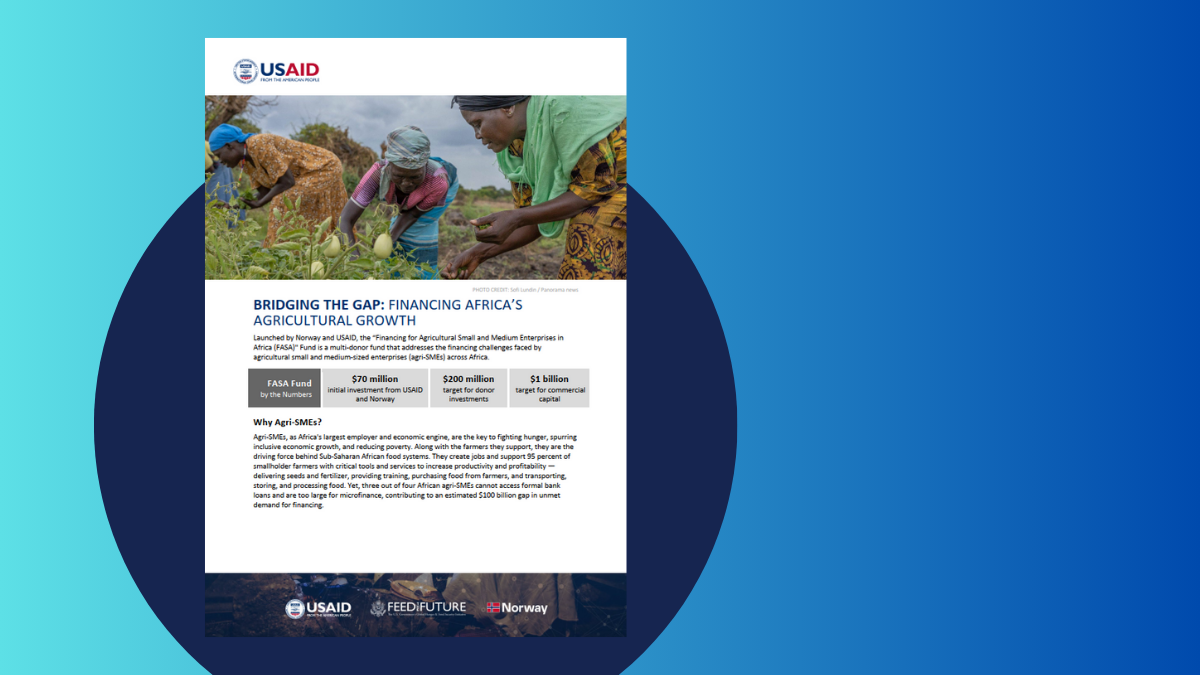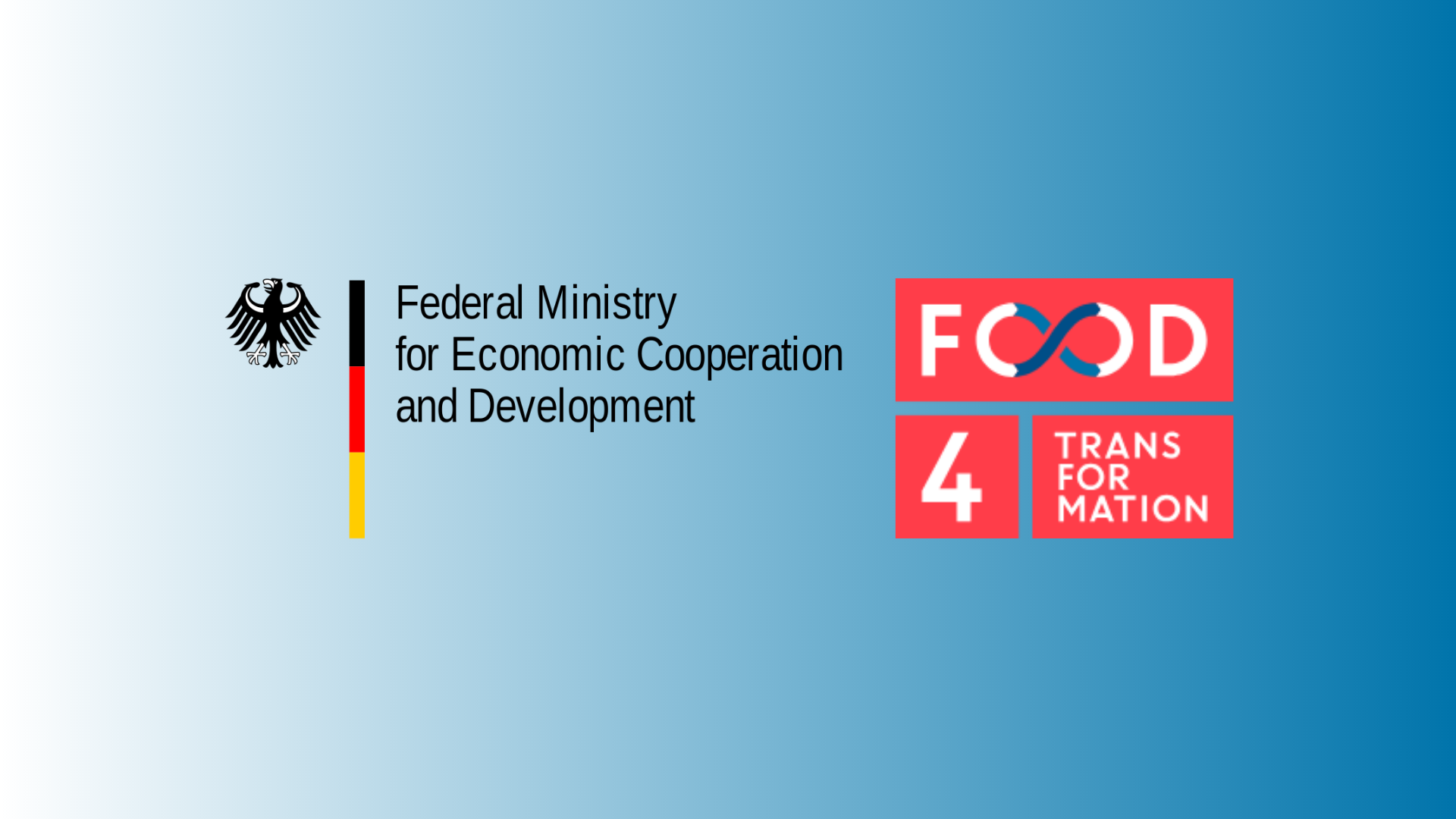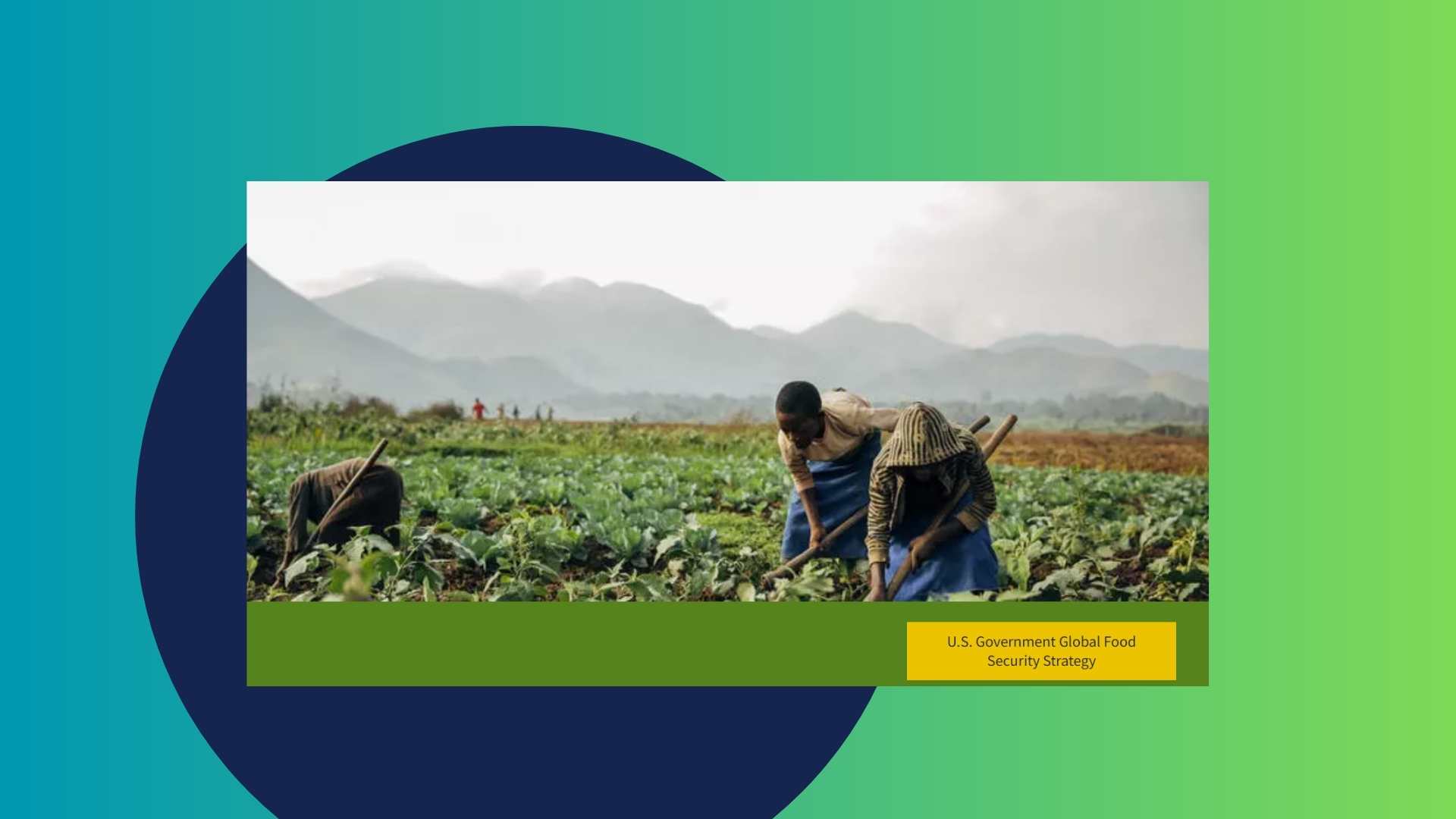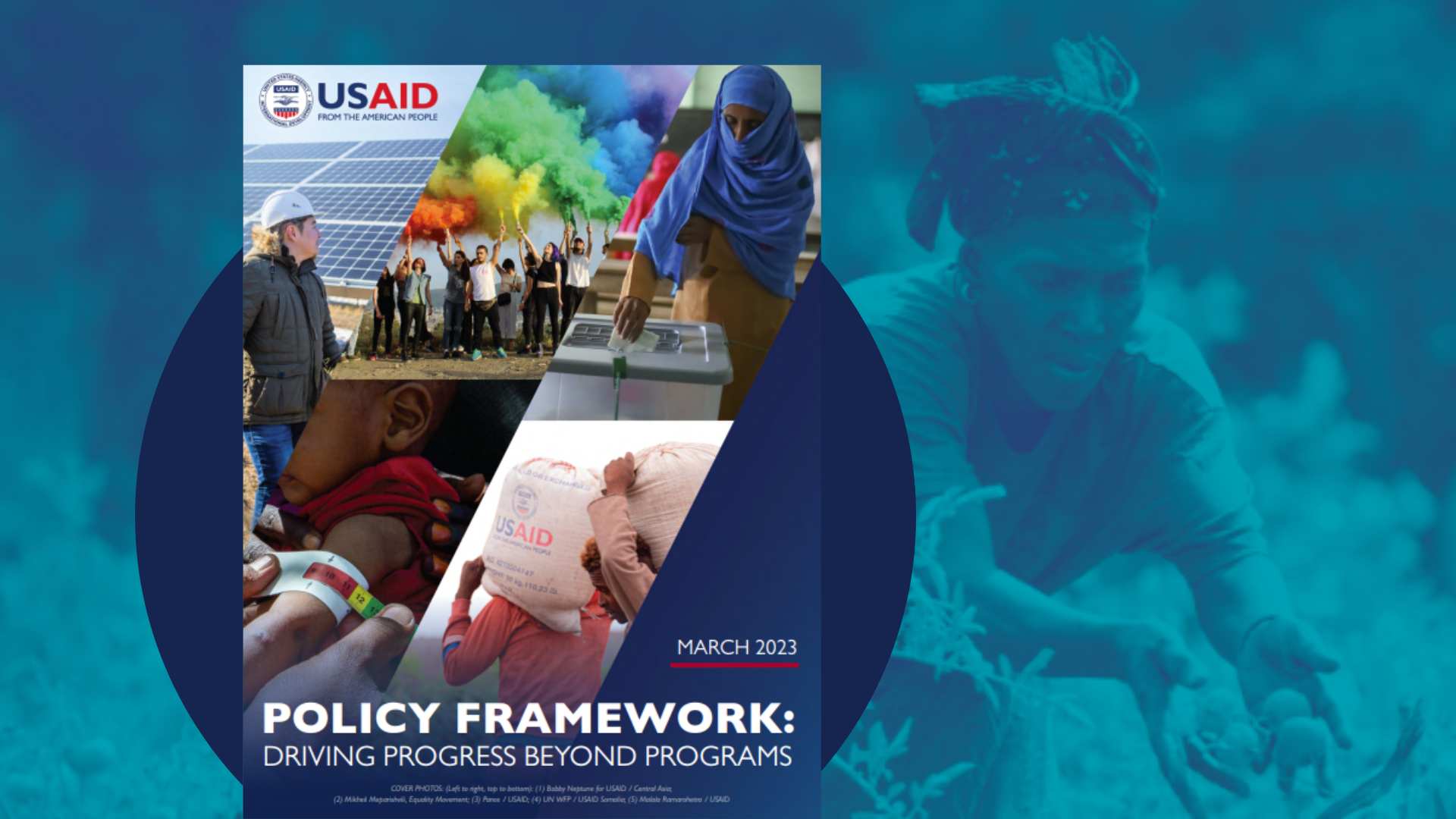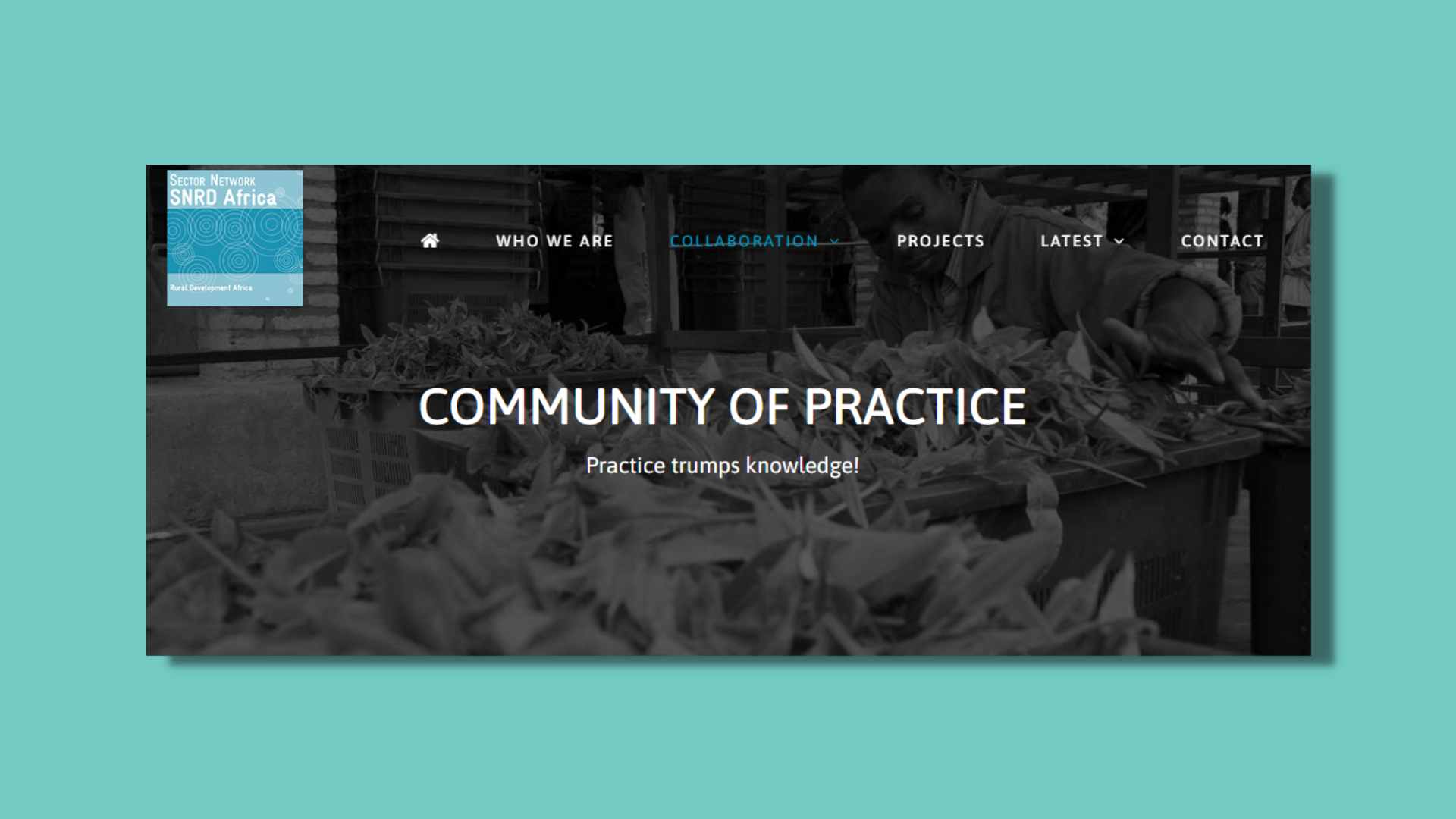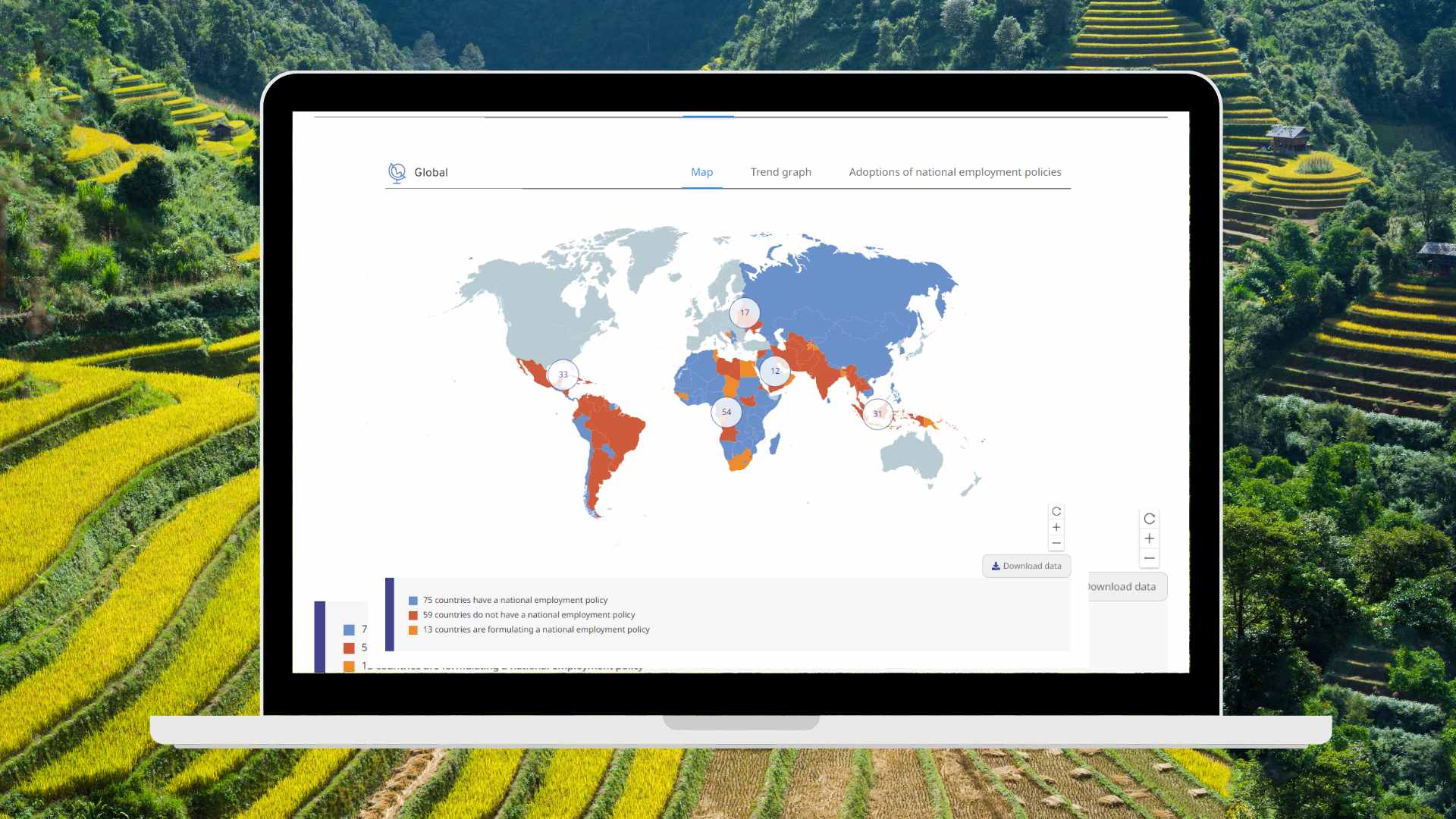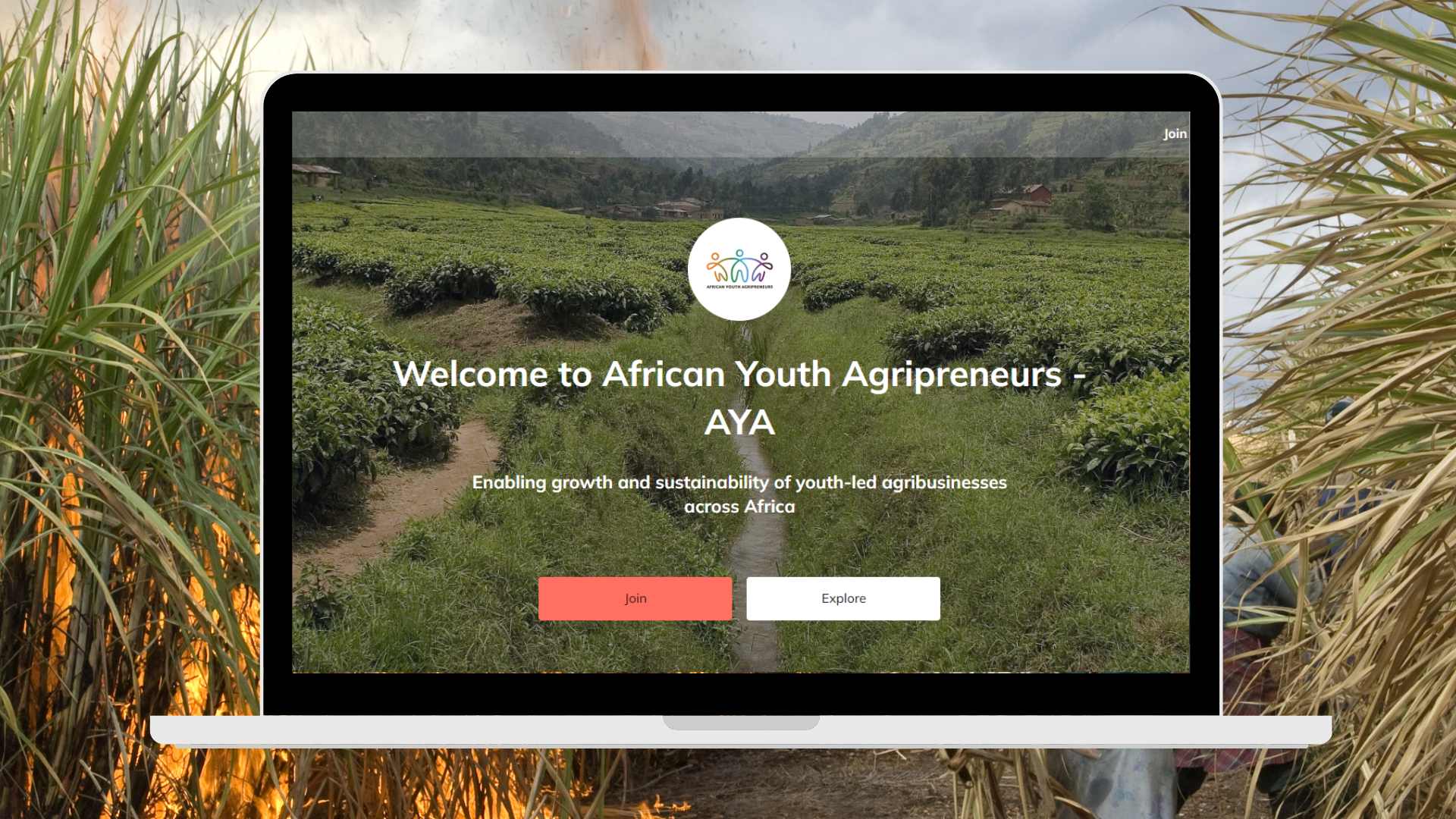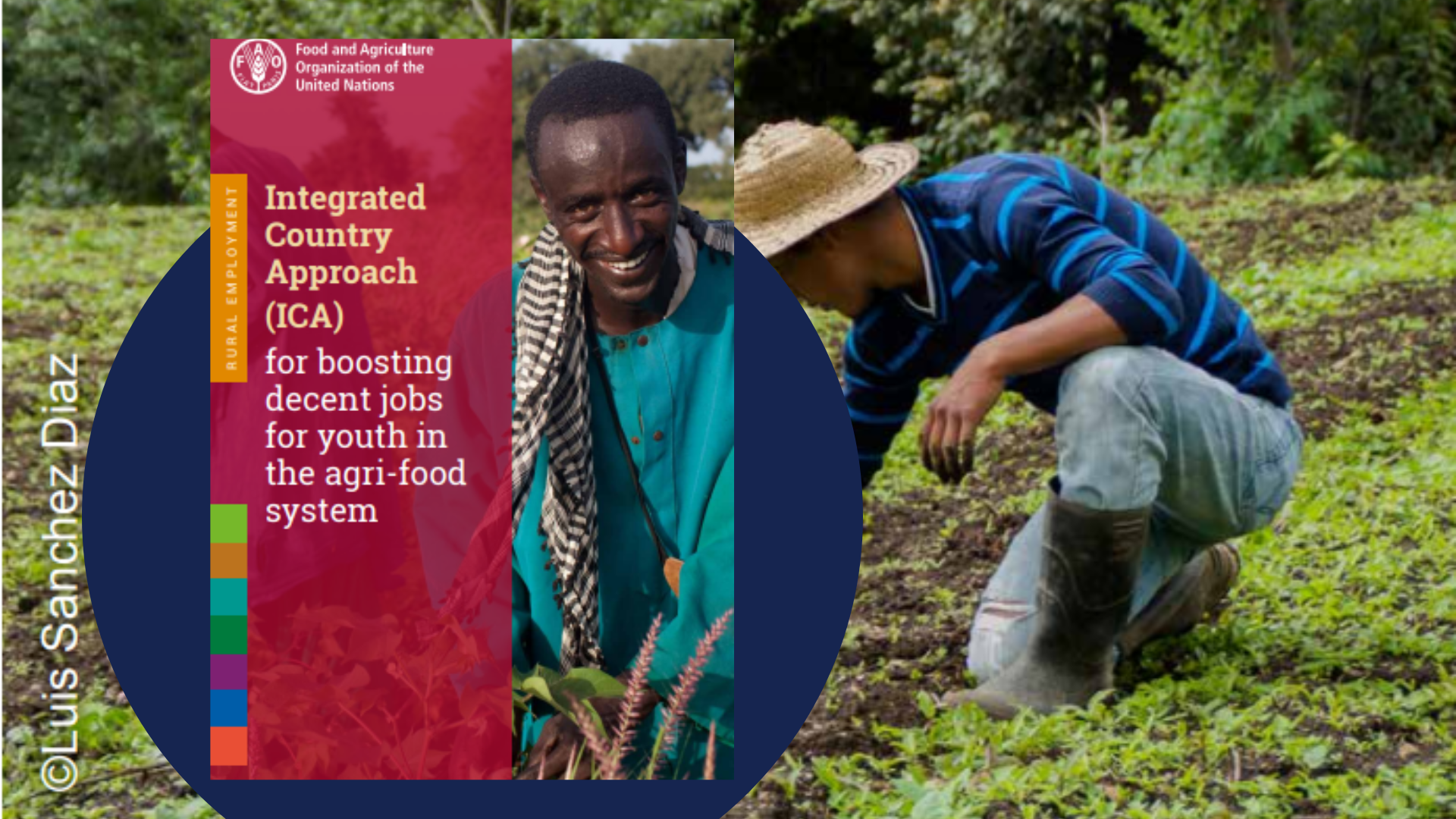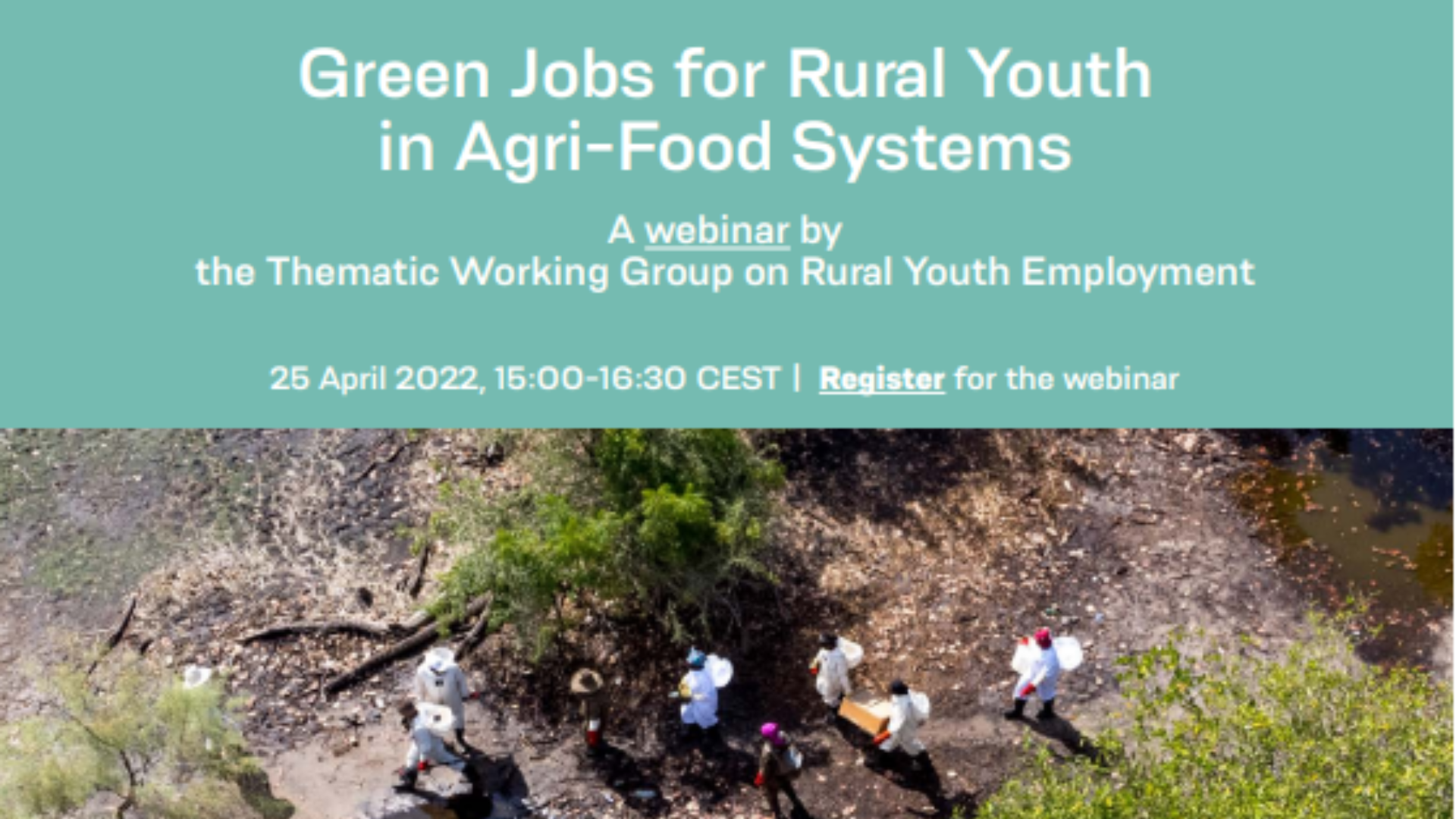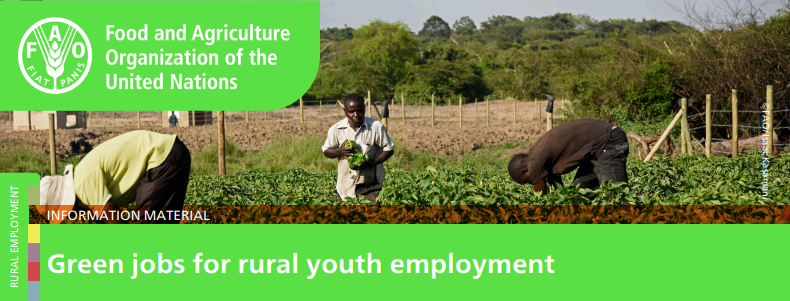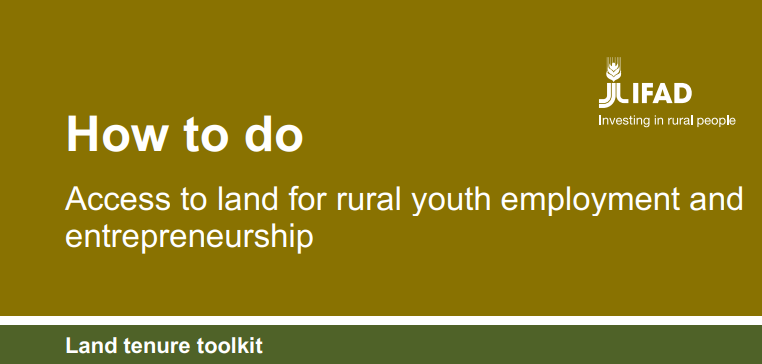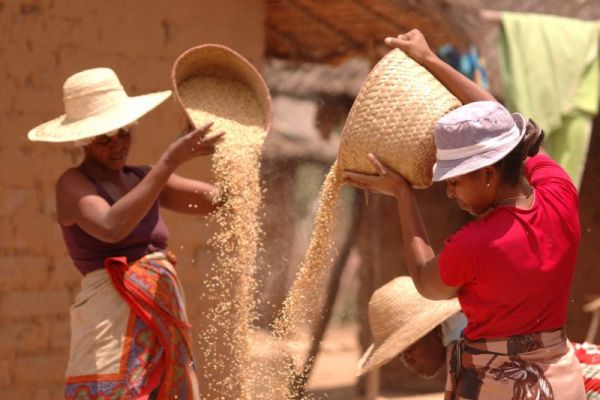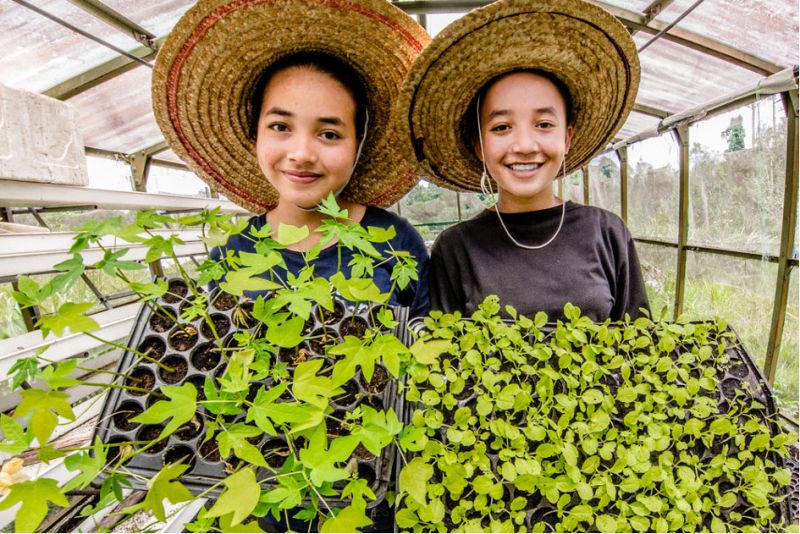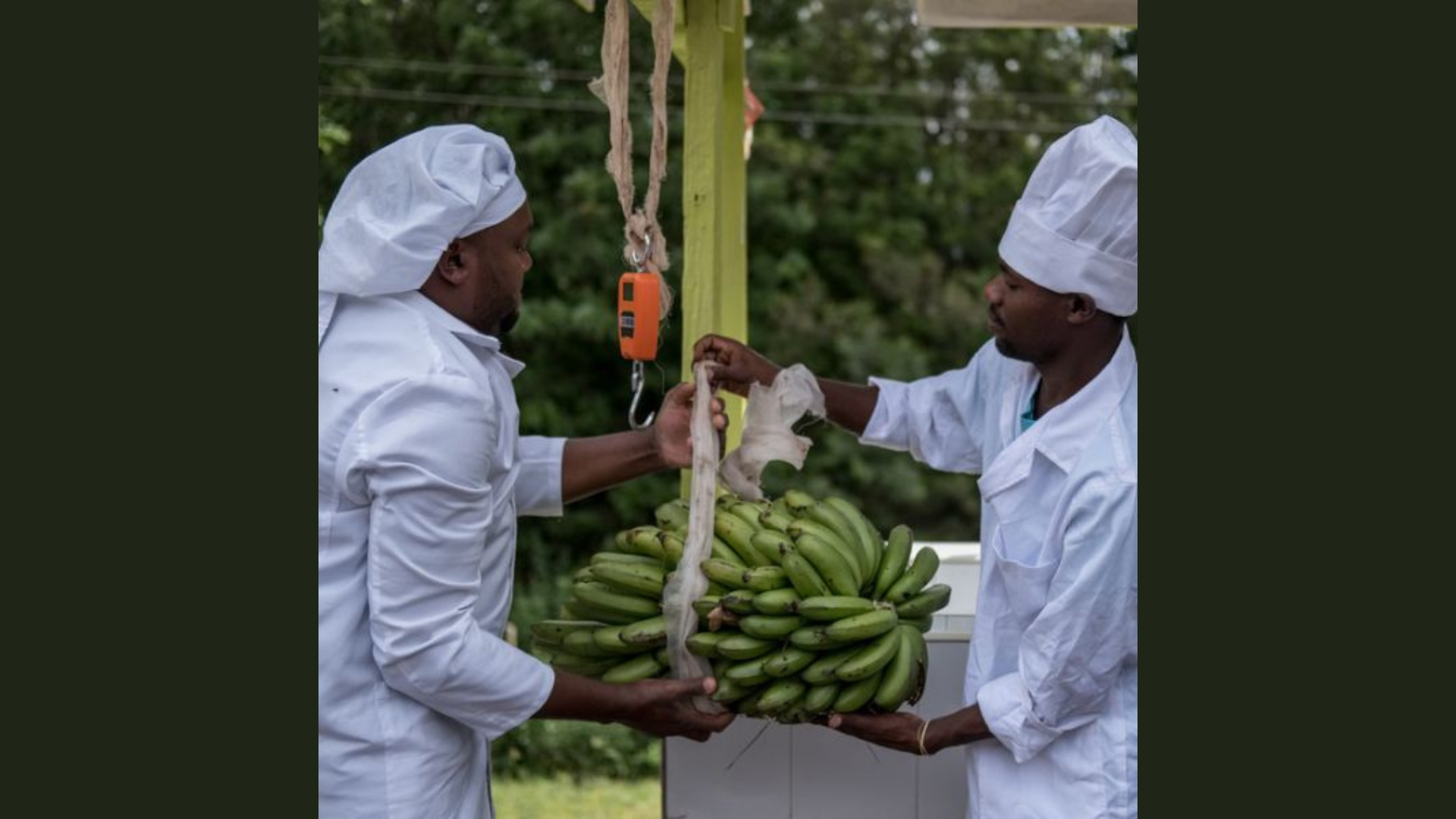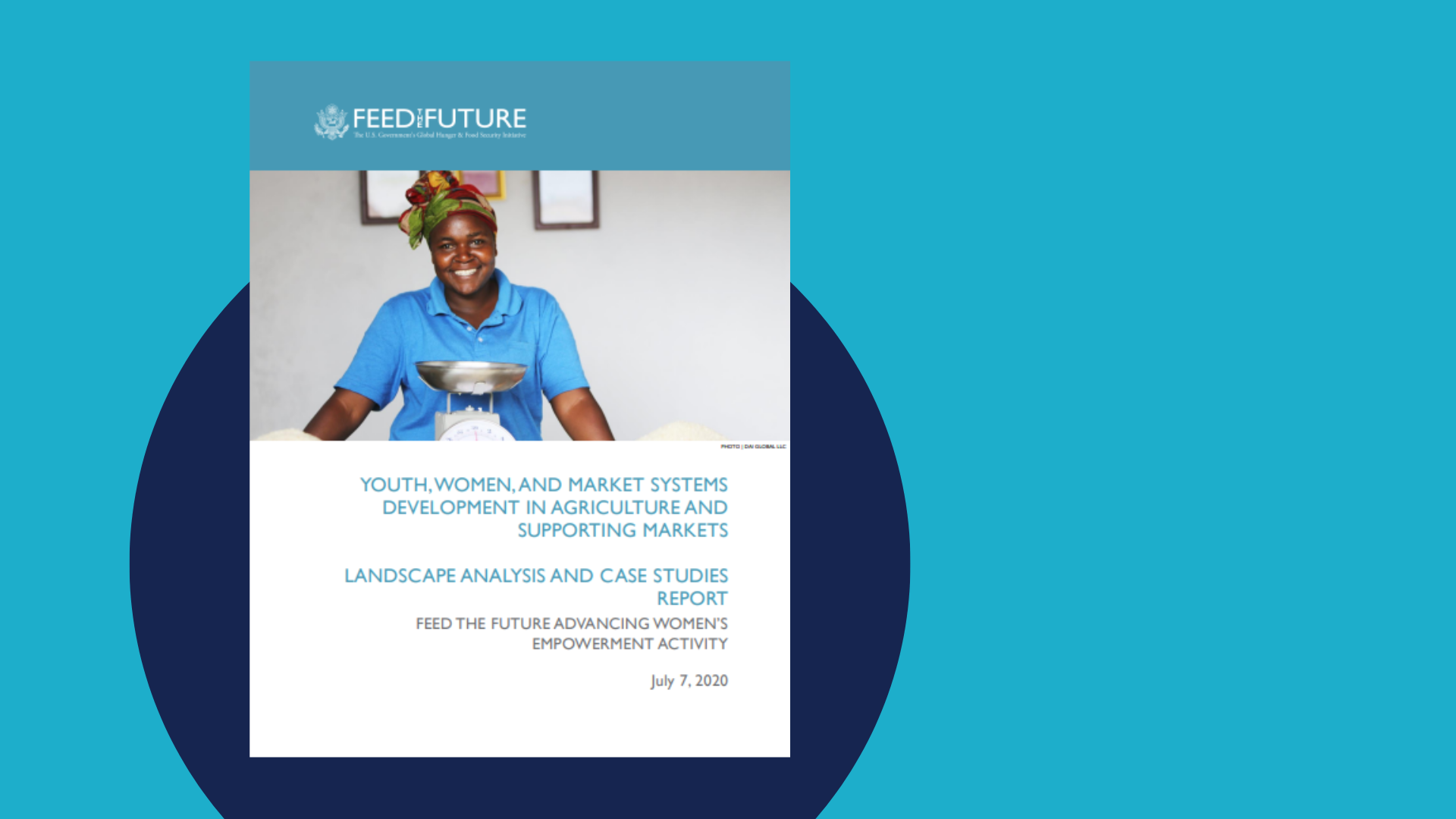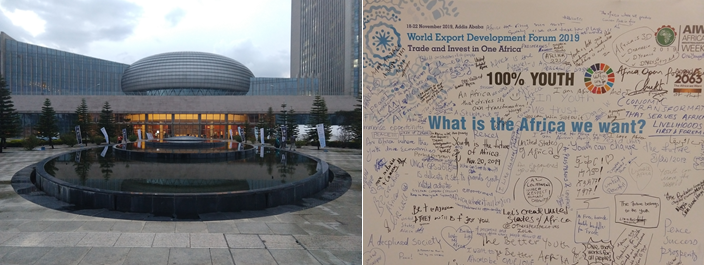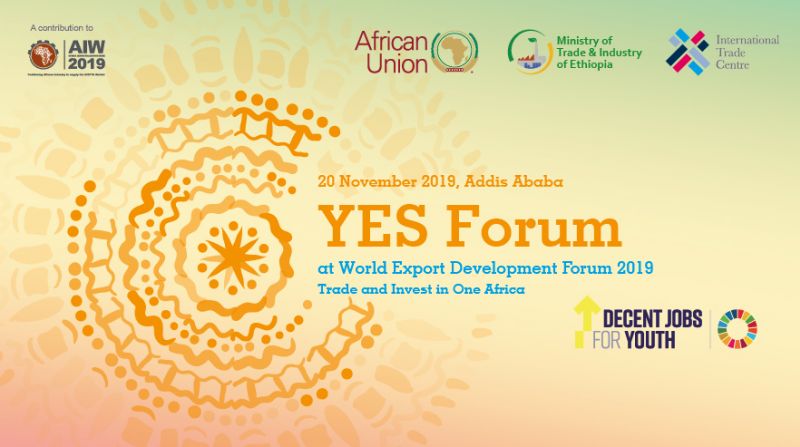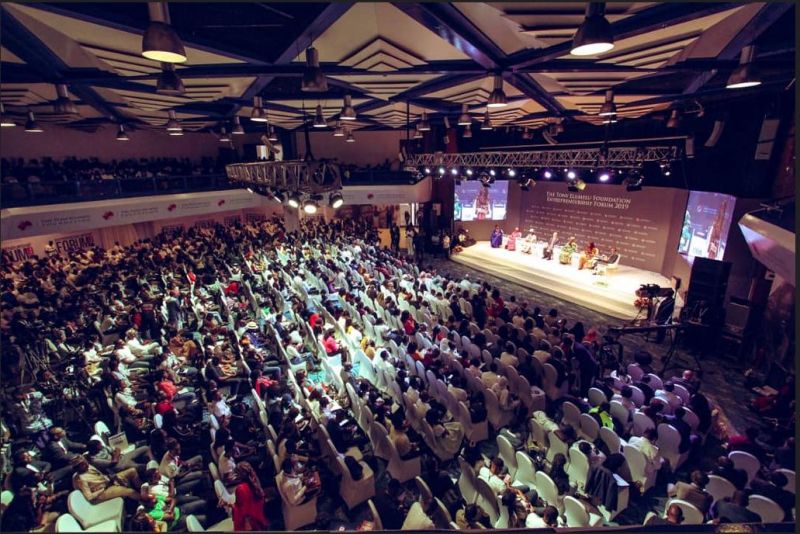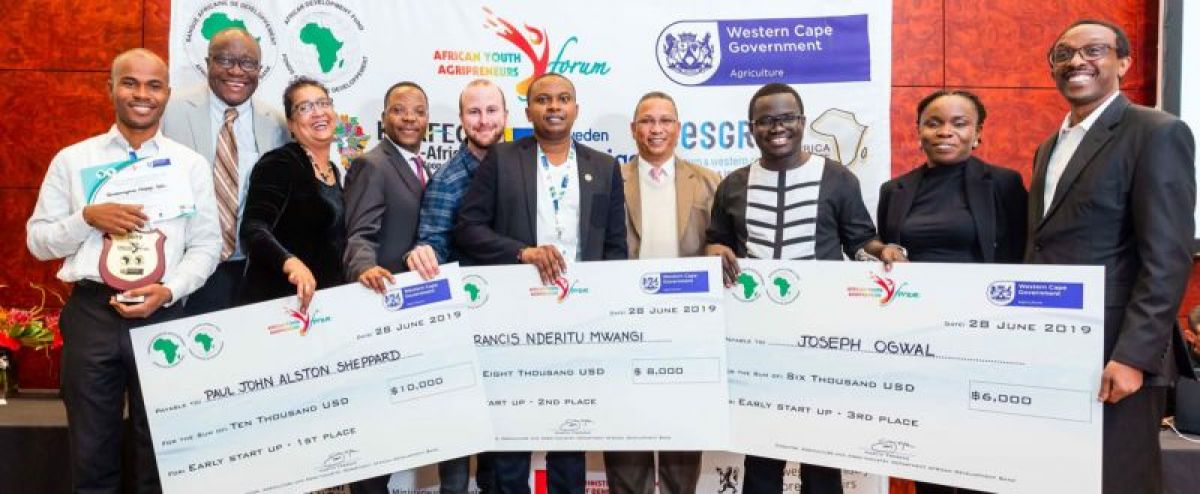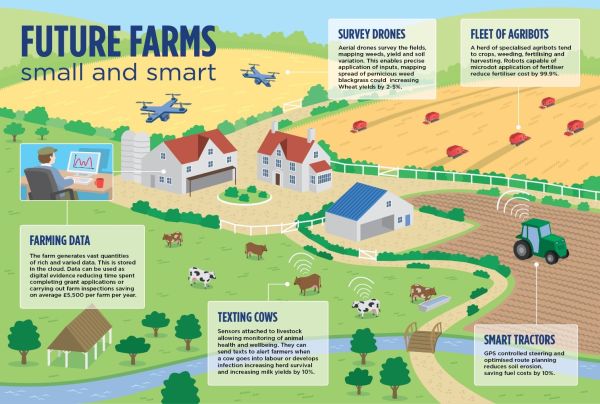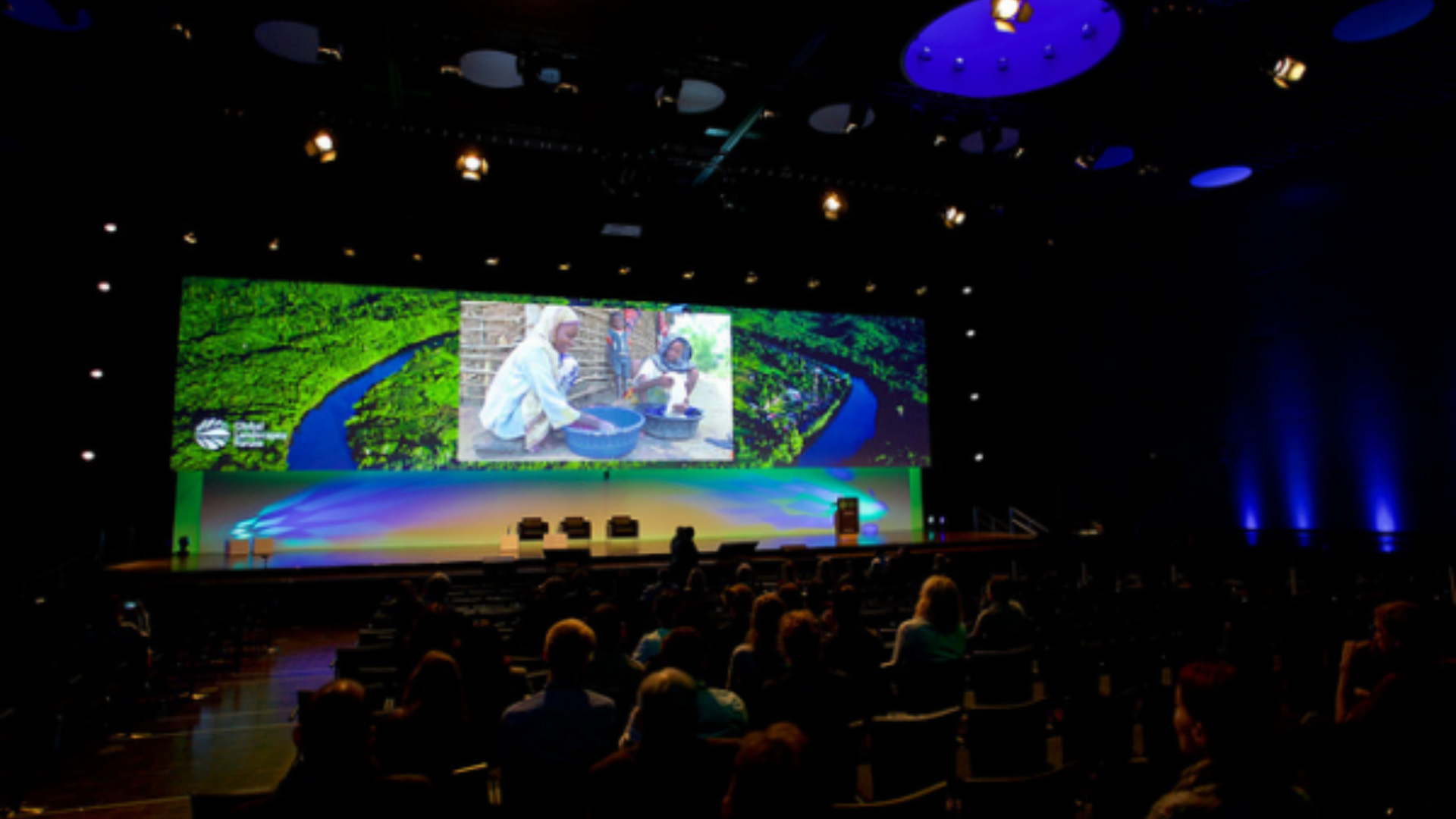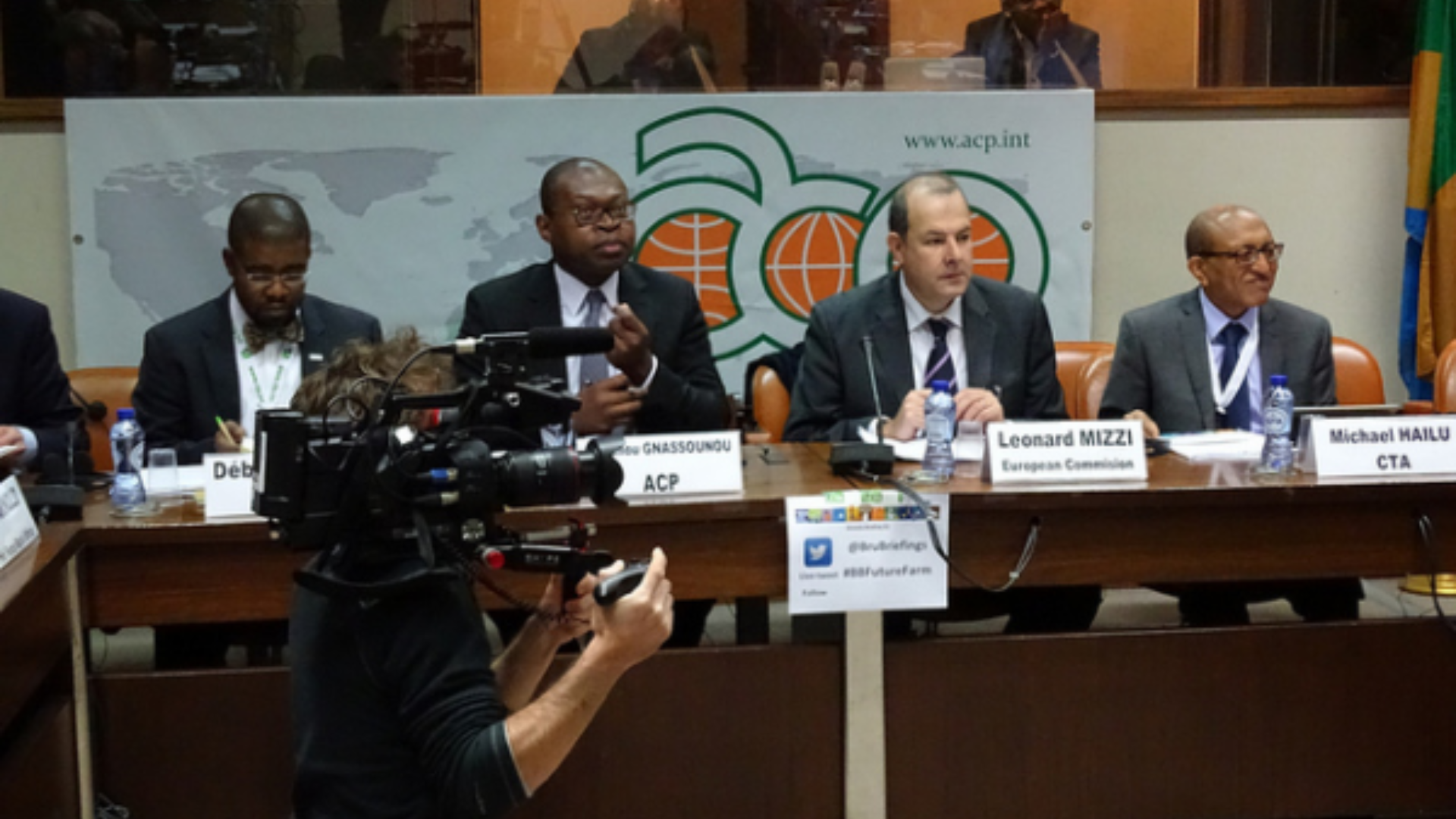The topic of rural youth was prominently featured this year at CFS 46 with a large number of youth delegates engaged in different side events and participating in different plenary sessions during the week.
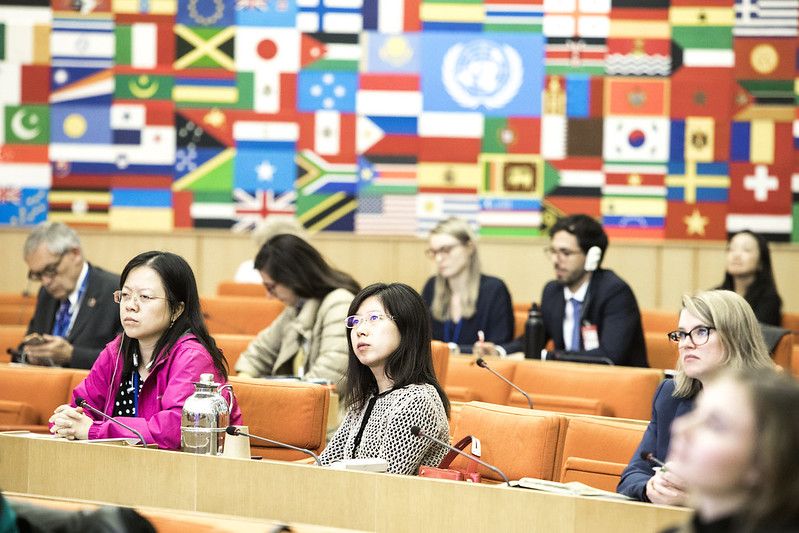
Links
A side event titled “Growing Young Agripreneurs: How can the next generation of agri-businesses support the transition to sustainable agriculture” brought together young representatives from agriculture and food sectors from different countries who are successfully active in various parts of the agri-food value chain. Together, they shared their views on sustainable agriculture and gave accounts of their experiences on their journey as they started agribusinesses.
The participants discussed how solutions and support mechanisms to attract other young people to agriculture and to generate agri-businesses throughout the value chain can be improved. The Swiss FAO Committee, Swedish FAO Committee, FAO, IFAD, Agripreneurship Alliance, Thought for Food, the CFS Private Sector Mechanism (PSM) and Young Professionals for Agricultural Development (YPARD) organized the side event.
A plenary session was the hightlight of the various centred on the topic of rural youth. The session was introduced by the outgoing CFS Chair, Mario Arvelo, and the plenary was kicked off with highlights of CFS 46 sessions and side events. Individuals gave feedback on these sessions and on other items that they consider to have an accelerating effect on SDG 2. In the session, Morgan Cote, a researcher from Canada, presented the results of a survey on the feedback on the sessions within CFS 46. It showed that the top interests and desires of the youth was to be listened to and for their ideas to be valued and considered. She called for more delegates to support young people to attend CFS to promote continuous participation.
During the discussions of the CFS Multi-Year Programme of Work (MYpoW) 2020-2023, youth delegates expressed their expectations regarding the proposed youth-themed work stream, “Putting youth at the centre”: engaging youth in FSN policies and practices; and promoting (rural) decent jobs for youth in agriculture and food systems.” They put forward ideas on how a youth perspective can be mainstreamed across the other proposed work streams. Other delegates affirmed that young people should be engaged in all the stages including implementation, monitoring and governance of all activities around the MYpoW.
The last part of the plenary was concerned with youth and CFS policy work and tried to answer the questions on how youth can support the uptake of existing and future CFS policy recommendations and guidelines. The session was introduced by Mario Gonzalez (Youth Agriculture Summit) and led by Margarita Gomez of La Via Campesina, who applauded the CFS46 for bringing the voices of the young people aboard the decision making process. Jim Leandro from the Young Professionals for Agricultural Research and Development also appreciated the involvement of young people at the CFS and called on for more engagement of young people along all processes in the CFS.
On this occasion, the members of the Global Donor Platform’s Rural Youth Thematic Working Group held a physical meeting at the CFS 46 to discuss future steps of the working group in the next phase. The meeting included a presentation on FAO’s Decent Rural Employment Toolbox, which has been designed to provide guidance to policy makers and planners, rural development practitioners and FAO staff at the country level on how to systematize and scale up ongoing efforts to promote decent employment in rural areas.
The group also used the side meeting to finalise its plans for a side event in November 2019 alongside the YES! Forum and the World Export Development Forum by the International Trade Centre in Addis Ababa. The half day interactive event on 19 November, titled “Rural Youth And Decent Jobs Creation In Food Systems”, will bring together different perspectives from youth representatives, donors and government representatives to critically examine constraints that impede decent job creation in food systems in Africa and will go on to provide insights on how opportunities for decent jobs for rural youth can be supported.
